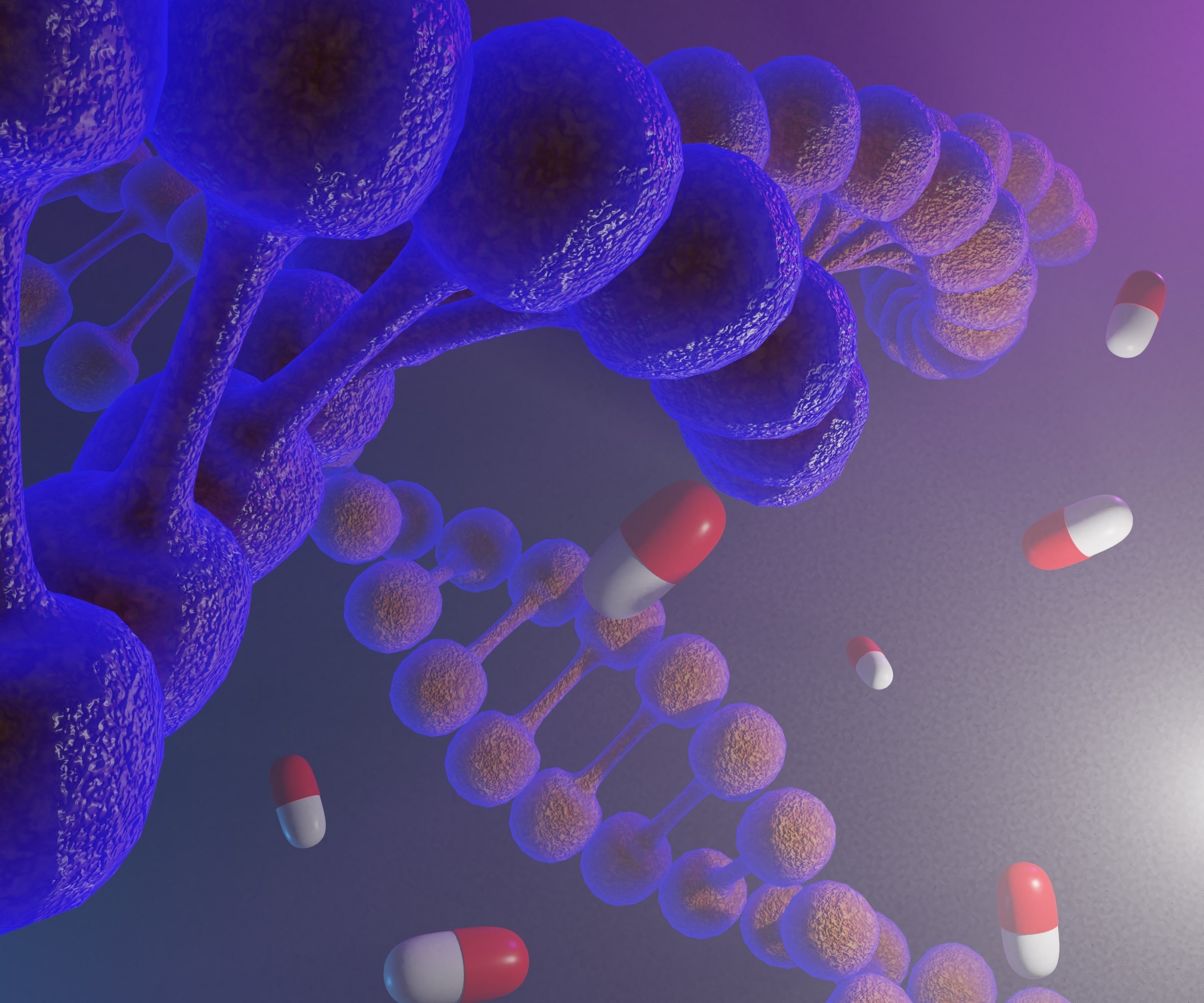Understanding CAR T-Cell Therapy: A Revolutionary Approach to Cancer Treatment

CAR T-cell therapy represents a groundbreaking advancement in the field of oncology, particularly in the treatment of certain types of blood cancers such as leukemia and lymphoma. This innovative therapy involves the genetic engineering of T cells, which are a type of white blood cell crucial for the immune response. These T cells can be sourced from the patient (autologous) or from a donor (allogeneic). The engineering process involves equipping these T cells with chimeric antigen receptors (CARs) that enable them to specifically recognize and attack cancer cells.
The Mechanism of CAR T-Cell Therapy
Unlike traditional cancer treatments, such as chemotherapy and radiation, which indiscriminately target rapidly dividing cells, CAR T-cell therapy is designed to be a more precise and targeted approach. The CARs are engineered to bind to specific antigens present on the surface of tumor cells, allowing the modified T cells to identify and destroy these malignant cells effectively. This targeted action not only enhances the efficacy of the treatment but also significantly reduces the toxic side effects commonly associated with conventional therapies.
The process of CAR T-cell therapy begins with the collection of T cells from the patient’s blood. These cells are then genetically modified in a laboratory setting to express CARs that target specific cancer antigens. After sufficient expansion of these engineered T cells, they are infused back into the patient’s bloodstream. Once reintroduced, these CAR T cells proliferate and mount an immune response against the cancer cells, leading to their destruction.
The Role of Cytokines in Enhancing CAR T-Cell Function
Cytokines play a pivotal role in the effectiveness of CAR T-cell therapy. These small proteins are crucial for cell signaling in the immune system and can significantly enhance T-cell activation, proliferation, and persistence. By incorporating cytokines or engineered cytokine receptors into CAR T cells, researchers aim to improve their functionality, especially in the challenging immunosuppressive tumor microenvironment (TME).
Cytokines such as interleukins (IL-2, IL-4, IL-7, IL-15, and IL-21) are particularly important as they are involved in T-cell differentiation and survival. The common gamma chain (γc) receptor family, which includes receptors for these interleukins, plays a critical role in mediating the signals that promote T-cell growth and longevity. Additionally, other cytokine families, such as IL-1 and IL-12, contribute to both innate and adaptive immune responses, further enhancing the antitumor activity of CAR T cells.
The strategic combination of CAR T cells with specific cytokines can lead to synergistic effects, amplifying the overall immune response against tumors. This approach not only boosts the effectiveness of the therapy but also helps in modulating the TME, potentially leading to improved outcomes for patients.
Challenges and Side Effects: Cytokine Release Syndrome
Despite its promise, CAR T-cell therapy is not without risks. One of the most significant side effects is cytokine release syndrome (CRS), a severe and potentially life-threatening condition characterized by an overwhelming inflammatory response. CRS occurs when the activated CAR T cells release large quantities of cytokines into the bloodstream, leading to symptoms such as fever, fatigue, nausea, and in severe cases, organ dysfunction.
Managing CRS is crucial for the safe administration of CAR T-cell therapy. Healthcare providers closely monitor patients for signs of this syndrome and may employ various strategies to mitigate its effects, including the use of corticosteroids and other supportive care measures. Understanding the dynamics of cytokine release and its implications for patient safety is an ongoing area of research.
Conclusion
In summary, CAR T-cell therapy stands as a transformative approach in the fight against cancer, offering a tailored and effective treatment option for patients with specific hematological malignancies. By harnessing the power of genetically engineered T cells and the strategic use of cytokines, this therapy not only enhances the immune response against tumors but also minimizes the adverse effects associated with traditional cancer treatments. As research continues to evolve, the potential applications of CAR T-cell therapy may expand, paving the way for new hope in cancer treatment. The ongoing exploration of cytokine interactions and their role in enhancing CAR T-cell efficacy will be vital in optimizing this innovative therapy for broader patient populations.
- Questions and Answers
- Opinion
- Motivational and Inspiring Story
- Technology
- Live and Let live
- Focus
- Geopolitics
- Military-Arms/Equipment
- Security
- Economy
- Beasts of Nations
- Machine Tools-The “Mother Industry”
- Art
- Causes
- Crafts
- Dance
- Drinks
- Film/Movie
- Fitness
- Food
- Games
- Gardening
- Health
- Home
- Literature
- Music
- Networking
- Other
- Party
- Religion
- Shopping
- Sports
- Theater
- Health and Wellness
- News
- Culture

